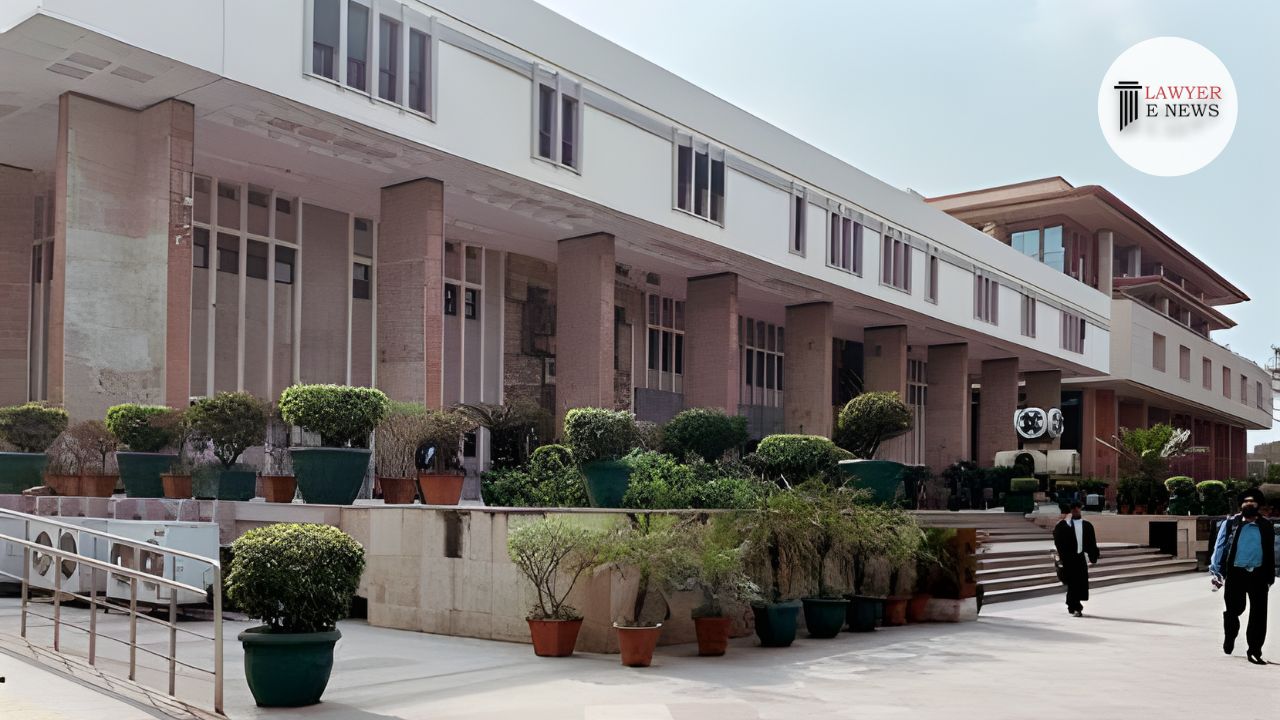-
by Admin
15 February 2026 2:16 AM



In a recent judgment, the High Court of Delhi reinstated two critical issues in a property dispute involving Ritu Kumar, the petitioner, and Tarun Chander Malik, the respondent. The court, under the supervision of Hon’ble Ms. Justice Shalinder Kaur, reviewed the suo moto deletion of issues by the Additional District Judge (ADJ) and the disallowance of further cross-examination of the respondent regarding new documents. This significant decision, delivered on May 14, 2024, partially overturned the ADJ's order, emphasizing the relevance of certain issues to the core dispute.
Background
The case revolves around a civil suit for possession and mesne profits of a property at 68, Janpath, New Delhi. The dispute is rooted in family and adoption claims dating back several decades. The respondent, Tarun Chander Malik, claims ownership of the property through a will bequeathed by his adoptive father, late Sh. Tara Chand Malik, and his wife, Smt. Bhagwanti Devi. This adoption and the subsequent property rights are contested by the petitioner, Ritu Kumar, who argues that the property was subject to an oral family settlement and disputes the adoption itself.
Key Points of the Judgment
Reinstatement of Issues: The High Court reinstated issues concerning the nature of the property and the adoption status of the respondent, recognizing their critical role in resolving the dispute. Specifically, issues regarding whether the property was self-acquired or part of a Hindu Undivided Family (HUF) and whether the respondent was indeed the adopted son were reinstated.
Disallowance of Further Cross-Examination: The court upheld the ADJ's decision to deny further cross-examination of the respondent on additional documents. These documents, including a will and a probate order, were deemed irrelevant to the core issues at hand.
Supervisory Jurisdiction Under Article 227: The court clarified its supervisory role under Article 227 of the Constitution of India, emphasizing its duty to correct grave errors rather than reassess factual matters.
Court Observations and Analysis
Justice Shalinder Kaur provided a detailed analysis of the legal principles applied. The judgment emphasized the importance of issues that directly affect the determination of rights between the parties. The court found that the deletion of issues by the ADJ without proper basis was a significant error.
The court explained that the adoption and property characterization issues were essential for the fair adjudication of the case. Without these issues, the petitioner's defense was severely hampered. On the matter of further cross-examination, the court agreed with the ADJ's reasoning that the additional documents did not necessitate recalling the respondent for further testimony, as the documents were not directly relevant to the main issues.
Conclusion The judgment underscores the High Court's commitment to ensuring justice through thorough consideration of relevant issues. By reinstating crucial issues, the court has paved the way for a more comprehensive examination of the facts. This decision is likely to have significant implications for the parties involved and may lead to further legal actions or appeals.
Date of Decision: May 14, 2024
Ritu Kumar vs. Tarun Chander Malik & Anr
